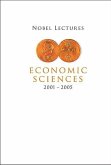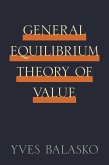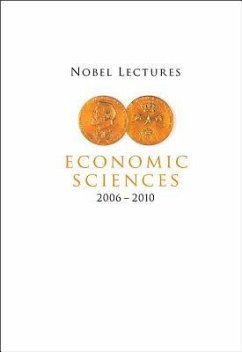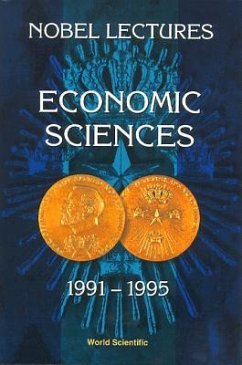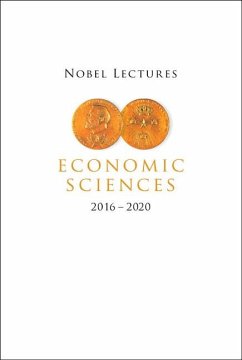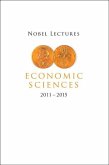The history of the human race is a history of joy and of suffering. Joy is to be embraced and celebrated, but Economics takes a very different view of suffering. A central aim of Economics is to devise system design principles and policy interventions, that minimize the suffering of all sentient beings on the planet. In an era of rapid climate change, Economics also seeks to alleviate the distress of the planet itself. While it is abundantly clear that Economics does not have (and does not pretend to have) 'all the answers' for alleviating suffering, it is equally true that misery is increased by inappropriate policies and poorly designed systems.Economics begins the task of designing welfare enhancing systems and policies by recognizing that people have personal interests that they aim to satisfy. This fact of life raises a basic question: What are the economy-wide consequences of people pursuing their own interests? Following an extensive and up-to-date study of the theoretical and empirical general equilibrium research that addresses this question, this book considers in depth, a number of pressing policy questions. These include: Is a carbon-tax a good policy response to climate change; should countries engage in unrestricted international trade; are lump-sum transfers of aid money the best policy response to poverty and underdevelopment; should countries have open borders when it comes to human migration; what are the best policy responses to global financial crises; are anti-trust policies worthwhile; are 'big-bang' or 'piecemeal reforms' the best approach to policy making; what are the best policies to deal with global pandemics; how should water be priced? The final chapter presents directions for future research.
Hinweis: Dieser Artikel kann nur an eine deutsche Lieferadresse ausgeliefert werden.
Hinweis: Dieser Artikel kann nur an eine deutsche Lieferadresse ausgeliefert werden.


